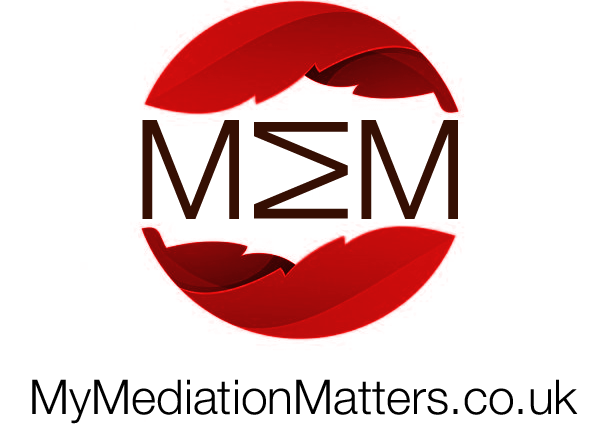Is Mediation Right for Me?
If you wish to be part of the process that makes decisions about the resolution of the dispute and feel that common ground can be found with the right support, then Yes! Mediation should be your first choice of ADR.
If you feel that the dispute may be disproportionate to court proceedings but you still need the matter resolved, then Yes. It is likely mediation can assist you in this.
If the dispute involves parties which are connected, either as neighbours, builders, advisors or other direct relationships, Then yes, due to personal connection between the parties, often mediation empowers the parties to find a resolution they can all live with and move forward from.
If legal costs are of concern and the matter in dispute is personal, then yes, mediation gives you control of expenditure and keeps you in control of the decisions made.
If the stress of preparing and attending court hearings in regards to the dispute is equally as dauting as the dispute itself, then Yes, Mediation may provide you with a more intimate setting in which to discuss the dispute.
If you want to be able to manage the time spent on the dispute and do not want the dispute to become a drain on future invested into the resolution, then yes, Mediation is a quicker process than attending Court hearings and is usually dealt with within one session.
If you want a safe environment in which to discuss and disclose information regarding the dispute, then Yes, Mediation is confidential and the process is undertaken without Prejudice.
In fact there are very few disputes within the umbrella of neighbouring and construction disputes that would not benefit from Mediation. The empowerment of the parties whom own the dispute alongside the cost and time management that are offered by the process means that resolution is usually achievable with around 80-90% of all disputes being resolved through this process.
There are two main ways in which mediators assist parties in reaching their own decision, which correspond to two types or models of mediation practiced throughout the world. Under the first model, facilitative mediation, the mediator endeavours to facilitate communication between the parties and to help each side to understand the other's perspective, position and interests in relation to the dispute. Under the second model, evaluative mediation, which is the type of mediation we specialise in, the mediator provides a non-binding assessment or evaluation of the dispute, which the parties are then free to accept or reject as the settlement of the dispute. It is up to the parties to decide which of these two models of mediation they wish to follow.
Mediation is a confidential procedure, this is beneficial to private and commercial clients alike. Confidentiality encourages transparency in the process by assuring the parties that any admissions, proposals or offers for settlement will not have any consequences beyond the mediation process. A Tomlin Order can be issued as part of the Mediation Process. A Tomlin order is a court order in the English civil justice system under which a court action is stayed on terms that have been agreed in advance between the parties and are included in a schedule to the order. As such, it is a form of consent order. The Tomlin order permits either party to apply to court to enforce the terms of the order, which avoids the need to start fresh proceedings. The terms of the schedule do not form part of the court order and so may remain confidential, and they may include matters outside the jurisdiction of the court or the scope of the case in hand.

